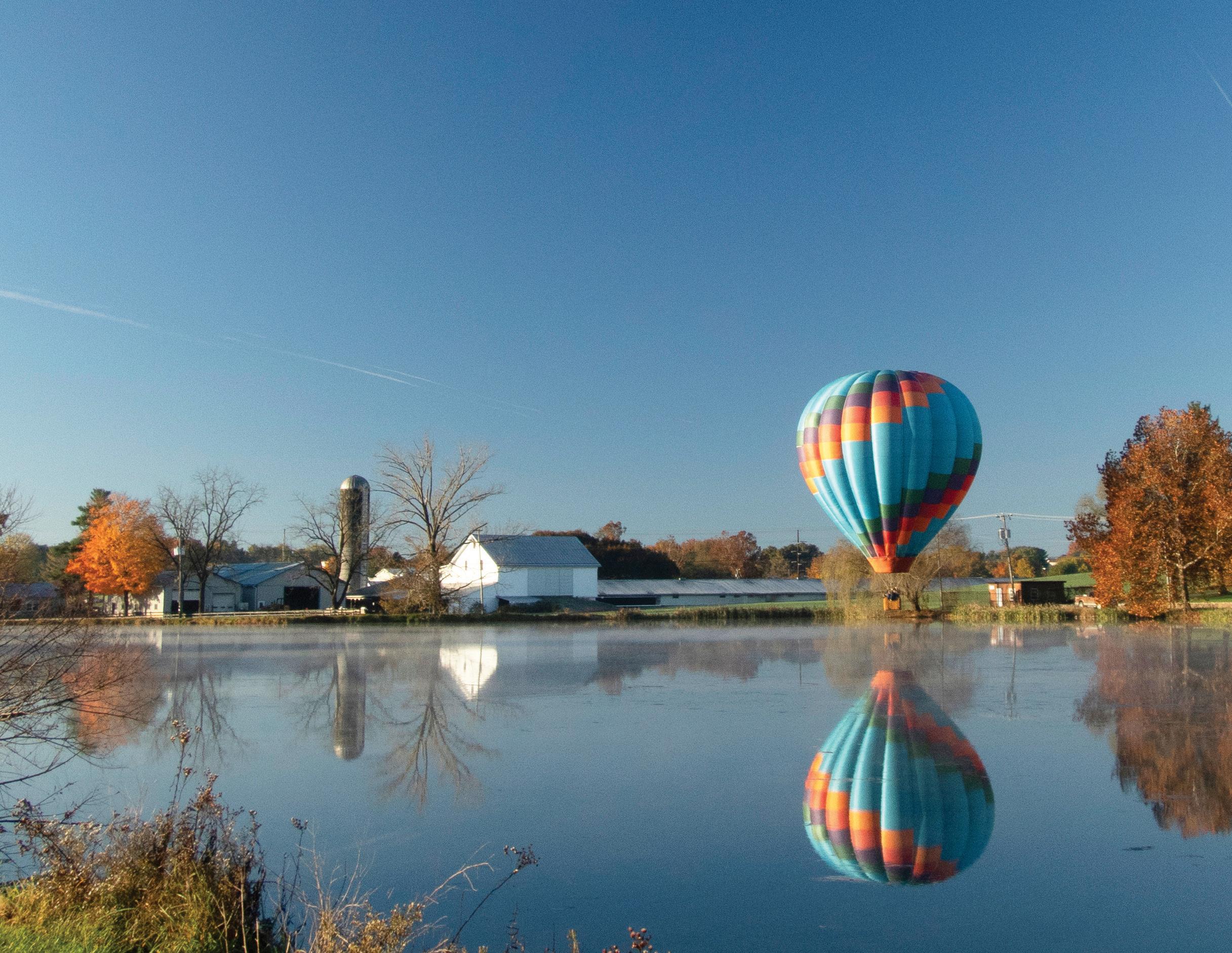 2022-2023 ANNUAL REPORT
2022-2023 ANNUAL REPORT
 2022-2023 ANNUAL REPORT
2022-2023 ANNUAL REPORT
LETTER FROM THE EXECUTIVE DIRECTOR
It has been five rewarding, challenging, unexpected years since Alliance for the Shenandoah Valley officially formed. Several legacy organizations in our region merged with the vision to maximize our reach and impact across important land use, transportation, conservation, natural resources, and community preservation work. Five years later, we continue to evolve, and our thoughtful process to refine strategic goals in the fall of 2022 reinforced our commitment to this work and this region.
Through that exercise, we learned that land use remains a top priority for our organization and our members. We learned that we have the power to galvanize and inform citizens, to promote conservation-minded land use and transportation policy, to drive compatible economic development that defers to community-supported comprehensive plans, and to provide unmatched leadership and resources on these topics in our beloved Shenandoah Valley.
Throughout this report, you will learn about these new strategic goals built on inspiring, promoting, fostering, and supporting critical issue areas. You will see how we leverage our incredible staff to support the localities
in our service territory and how we efficiently use our member resources to fulfill our renewed mission—to protect the natural resources, cultural heritages, and rural character of our region.
As we reflected on the past this year, we also planned for the future, thinking about new opportunities for compatible growth in our communities. You will learn more on the pages that follow about our work to support the Shenandoah Rail Trail, an effort to transform an unused single-track railroad corridor between Broadway to Front Royal into a multi-use trail re-connecting communities, businesses, schools and many local cultural and historic resources.
As we look ahead, we have also been humbled by the creative generosity of our members, receiving our first endowment gift to support our work for years to come. We are honored to share some innovative ways our members have been making a lasting impact on the viability of our work.
Five years in, we know we are just getting started. Thank you for your support and for entrusting us to help protect this unique region we get to call home.
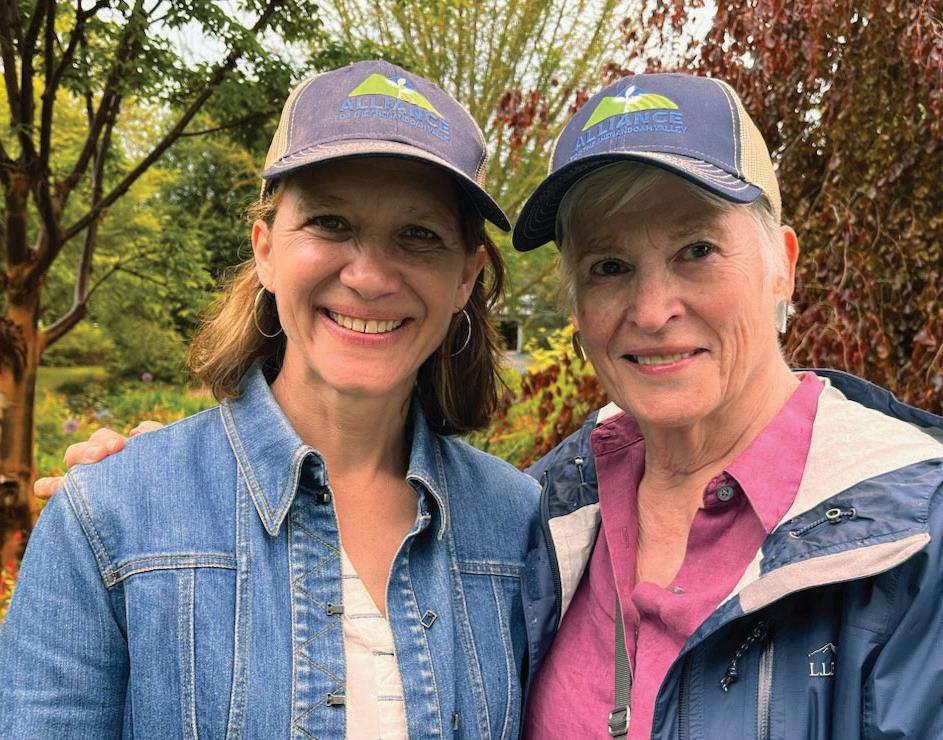
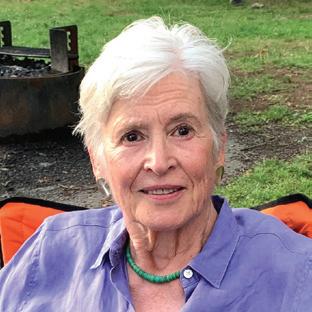
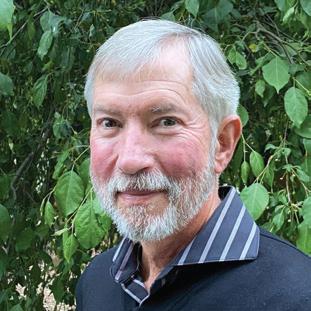
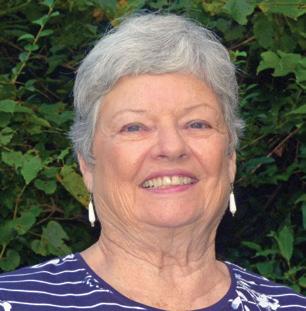
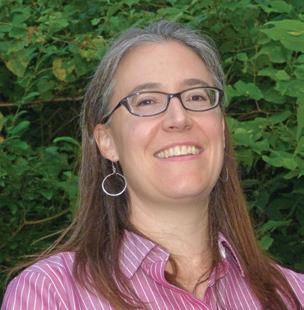
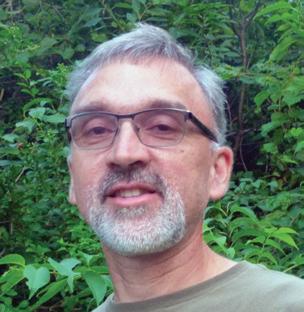
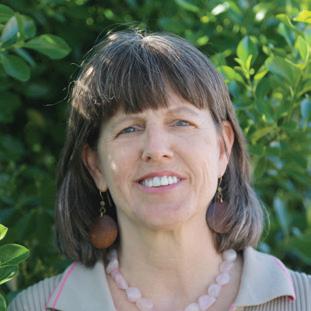
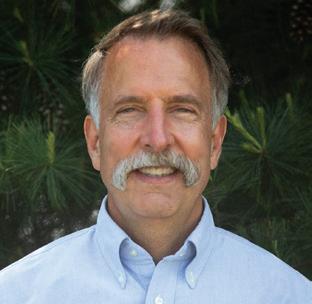
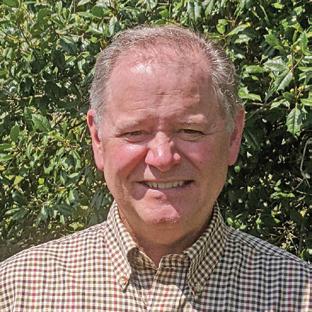
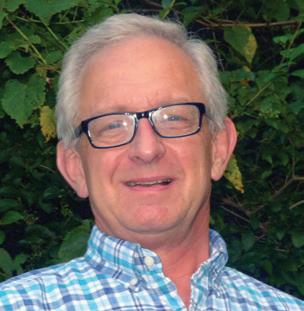
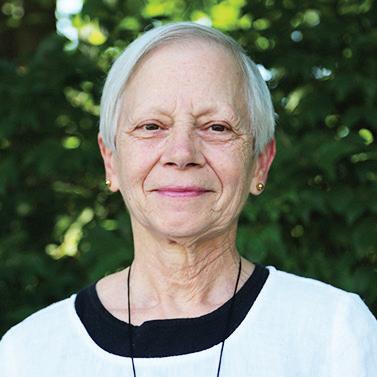
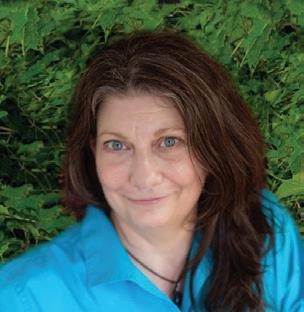

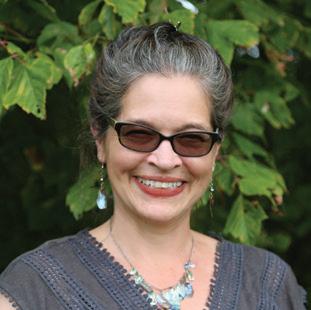
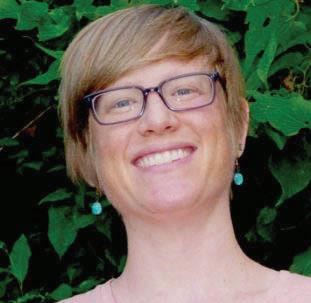
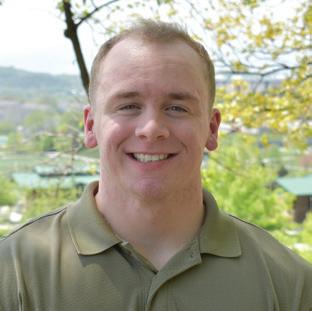
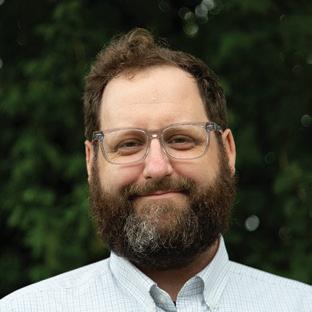
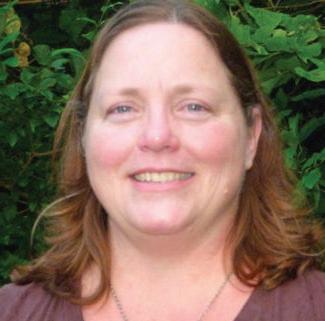
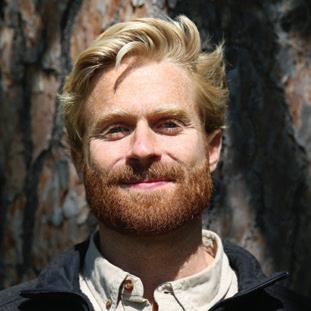
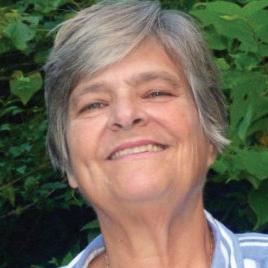
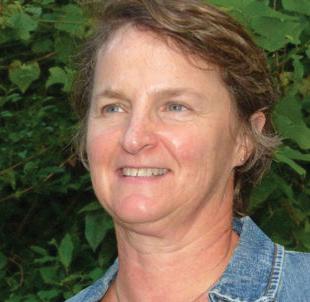
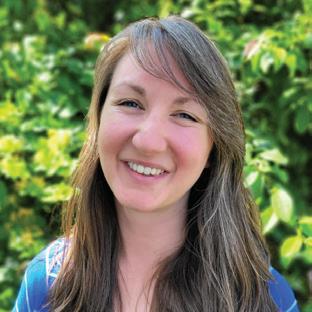


Last year your board took up the task of revisiting our mission, vision, and crafting a value statement – a process that took months of good-natured debate and wordsmithing. It is often said that too many cooks spoil the soup but eleven of us “cooks” managed to create a clear, well-balanced broth. I believe the main reason we succeeded is that we share a common passion for our beautiful Valley. If we argued over ingredients, the sharp knife of ego never flashed. We hope our work nourishes you as it does us.
—CHRISTINE ANDREAE, BOARD CHAIRLISTEN
VISION
A Shenandoah Valley sustained by farms and forests, clean streams and rivers, and thriving communities.
MISSION
Alliance for the Shenandoah Valley informs and engages people to protect the natural resources, cultural heritages, and rural character of our region.
VALUES
ROOTS
The Shenandoah Valley is our home. We live in its diverse and vibrant communities, and we are unwavering in our protection of its healthy farms and forests, clean water, and beautiful landscapes.
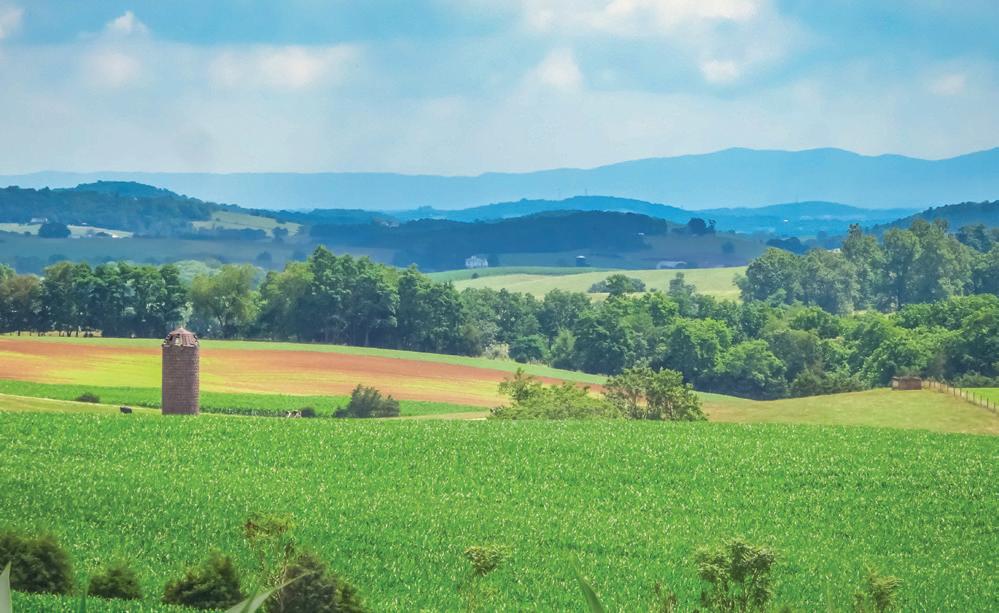
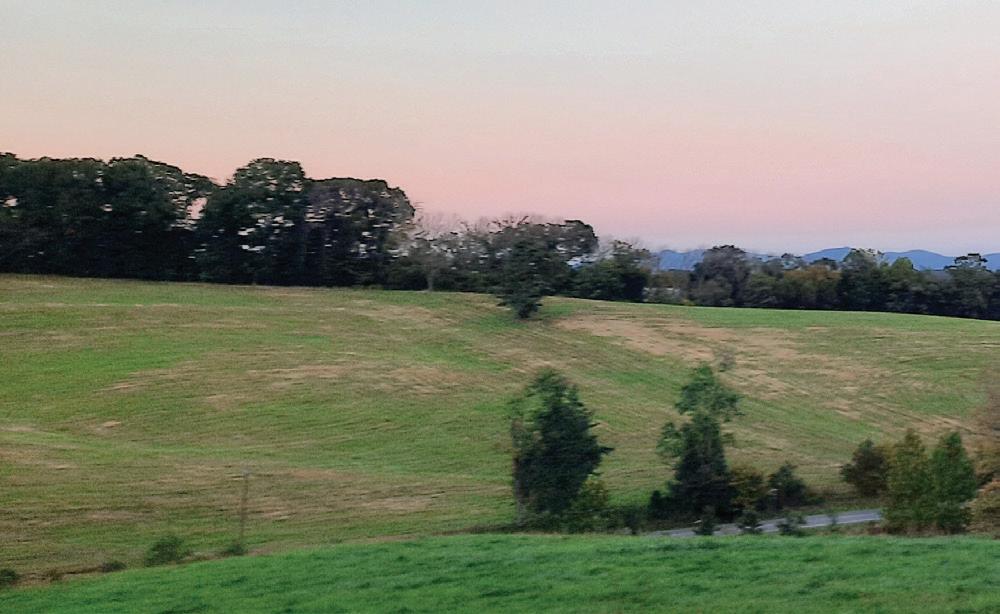
We create and nurture lasting relationships in communities affected by our work. We listen intently and respectfully so that our efforts are grounded and deeply informed.
COLLABORATE
We can’t do this work alone nor would we want to. We bring together expected and unexpected partners to further our work and theirs.
IMPACT
When faced with opportunities or threats, we are inquisitive, nimble and resourceful, and we take action equipped with facts and local knowledge so that our effect is true and lasting.
GRATITUDE
We love what we do and are grateful we can do this work alongside our neighbors, inclusive of backgrounds, experiences, beliefs and cultures.
STRATEGIC GOALS & OBJECTIVES
Inspire active and informed communities
Promote appreciation for the Valley’s extraordinary natural and cultural resources.
Provide resources and leadership to mobilize community members on key issues of importance.
Develop and maintain productive relationships across the Valley’s diverse communities.
Promote conservation-oriented land use and transportation policies
Encourage policies and practices that protect farm and forest lands, water resources, historic sites, and neighboring communities.
Work collaboratively with governments and communities to guide growth in and around towns and cities.
Serve as a technical resource on complex land use policies such as renewable energy.
Advocate for transportation plans that address safety, respect surrounding natural and cultural resources, and improve accessibility for all modes of transportation.
Foster land and water conservation
Build partnerships that protect land and restore clean water.
Maximize use of public and private funding to maintain and restore soil and water quality
Advocate for sufficient and stable public funding for conservation programs.
Support compatible economic development
Advance tourism initiatives that capitalize on the Valley’s natural and cultural resources including outdoor recreation, agritourism, and historic tourism.
Support both new and established Valley farming operations, including historically underserved and smallscale producers.
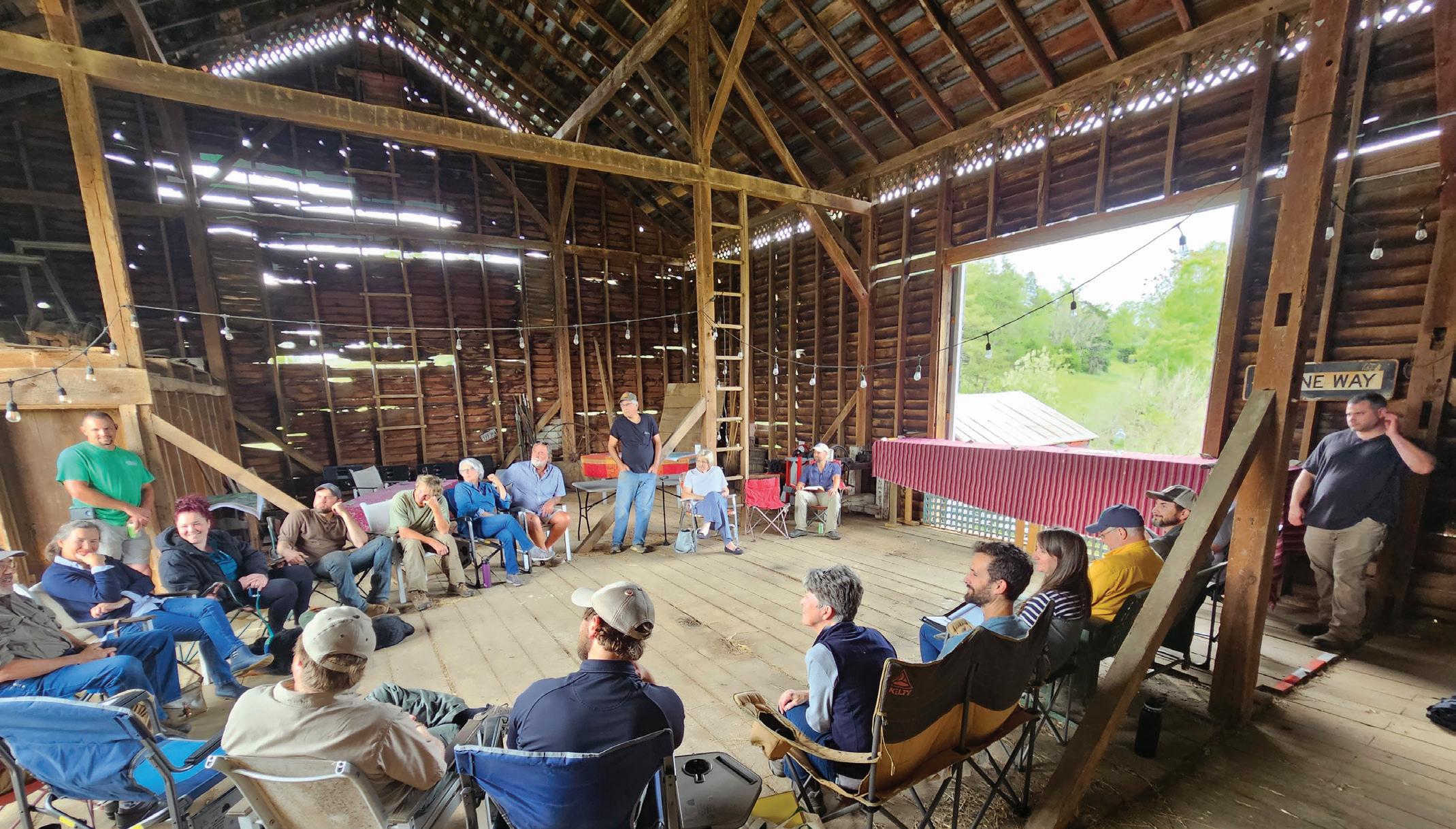
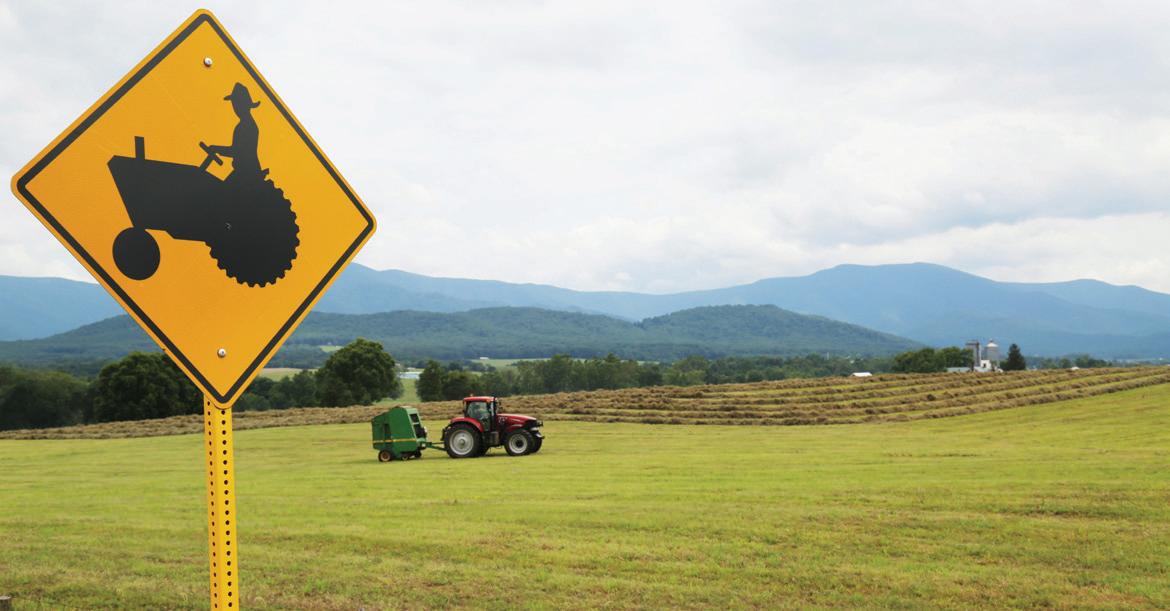
Explore innovative approaches to encourage agricultural vitality.
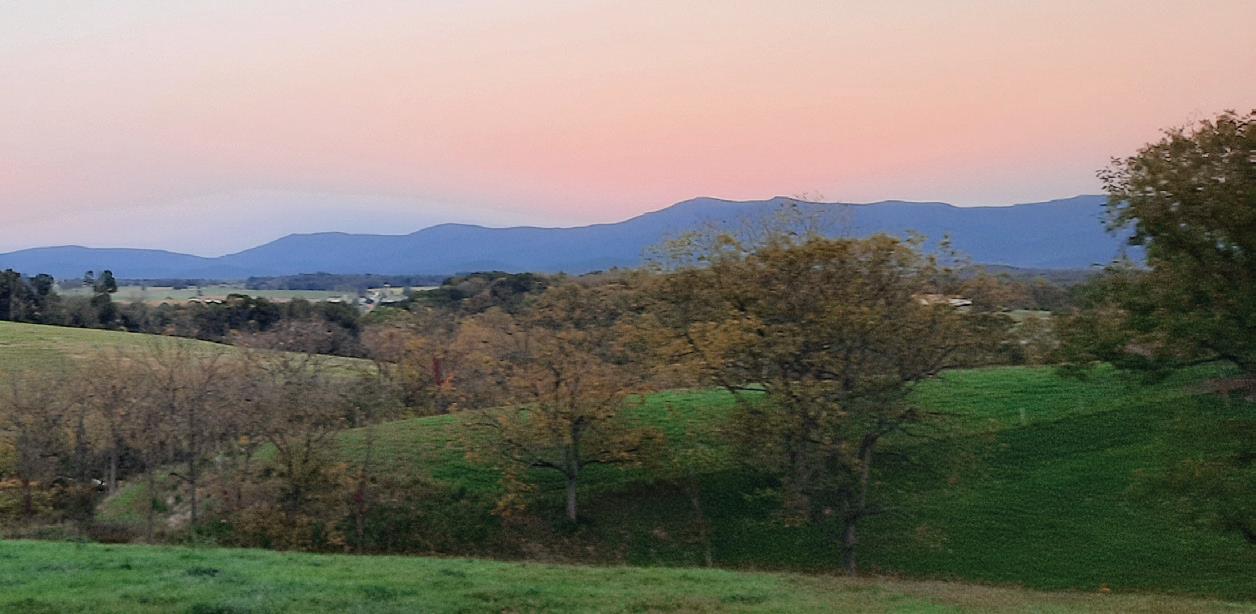
FRIE
N D S O F THE SHENANDOAH
Rail Trail
The Alliance is working to stand up a new nonprofit, Friends of the Shenandoah Rail Trail, to support the transformation of an unused single-track railroad corridor from Broadway to Front Royal into a multi-use trail reconnecting communities, businesses, schools, and cultural and historic resources.
Follow along >> www.shenandoahrailtrail.org

WE ENVISION A CORRIDOR THAT WILL PRESERVE AND ENHANCE OUR REGION’S:
PROJECT PARTNERS
Shenandoah Rail Trail Partnership
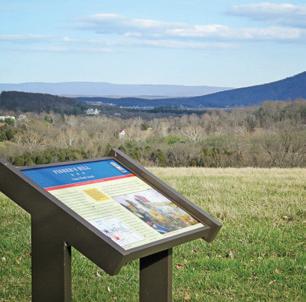
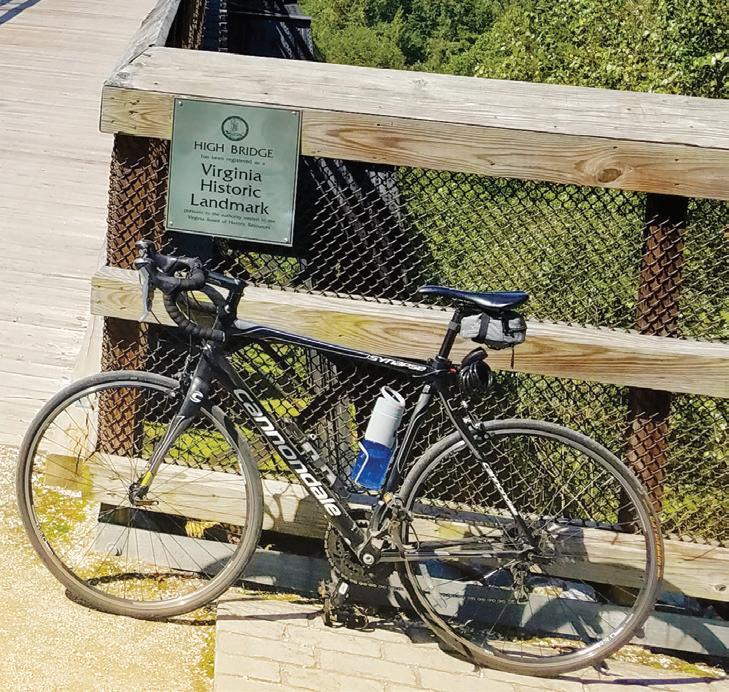

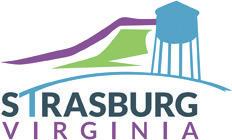
Commonwealth of Virginia
Virginia Department of Transportation
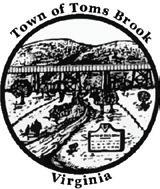
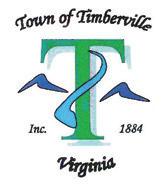
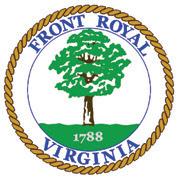
Virginia Department of Conservation and Recreation
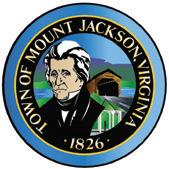
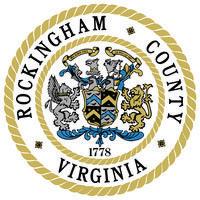
Norfolk Southern
The Conservation Fund
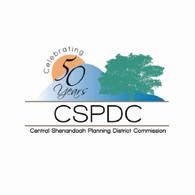
CONNECTIVITY
Linking our iconic communities through an alternative transportation route
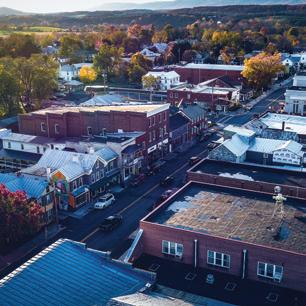
ENVIRONMENT
Showcasing our region’s extraordinary natural resources
HEALTH
Providing accessible, safe, and easy recreation opportunities for residents and visitors




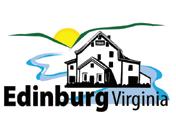
ECONOMY
Incentivizing new visitor spending in the region of $32.3 million* annually
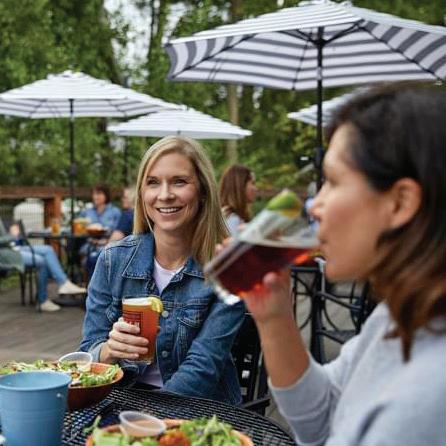
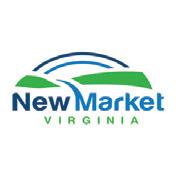
SHENANDOAH RAIL TRAIL PARTNERSHIP MEMBERS
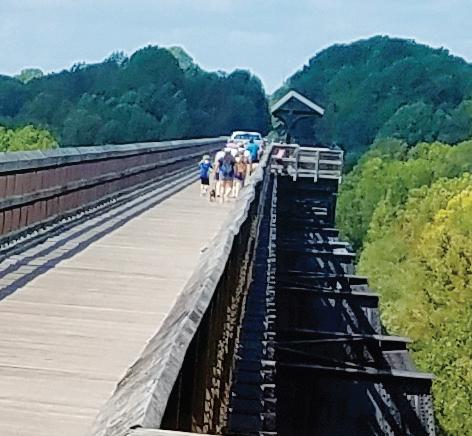
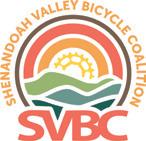

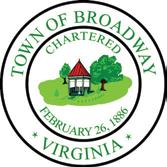
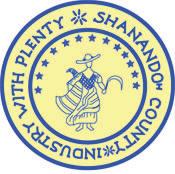

HISTORY
Preserving this historic regional artery and promoting its current highest and best use
Working the Process:
WHAT ARE WE TRACKING?
Each month, county coordinators take a deep dive into the agenda packets for multiple planning commissions and board meetings and often other county or town working committees.
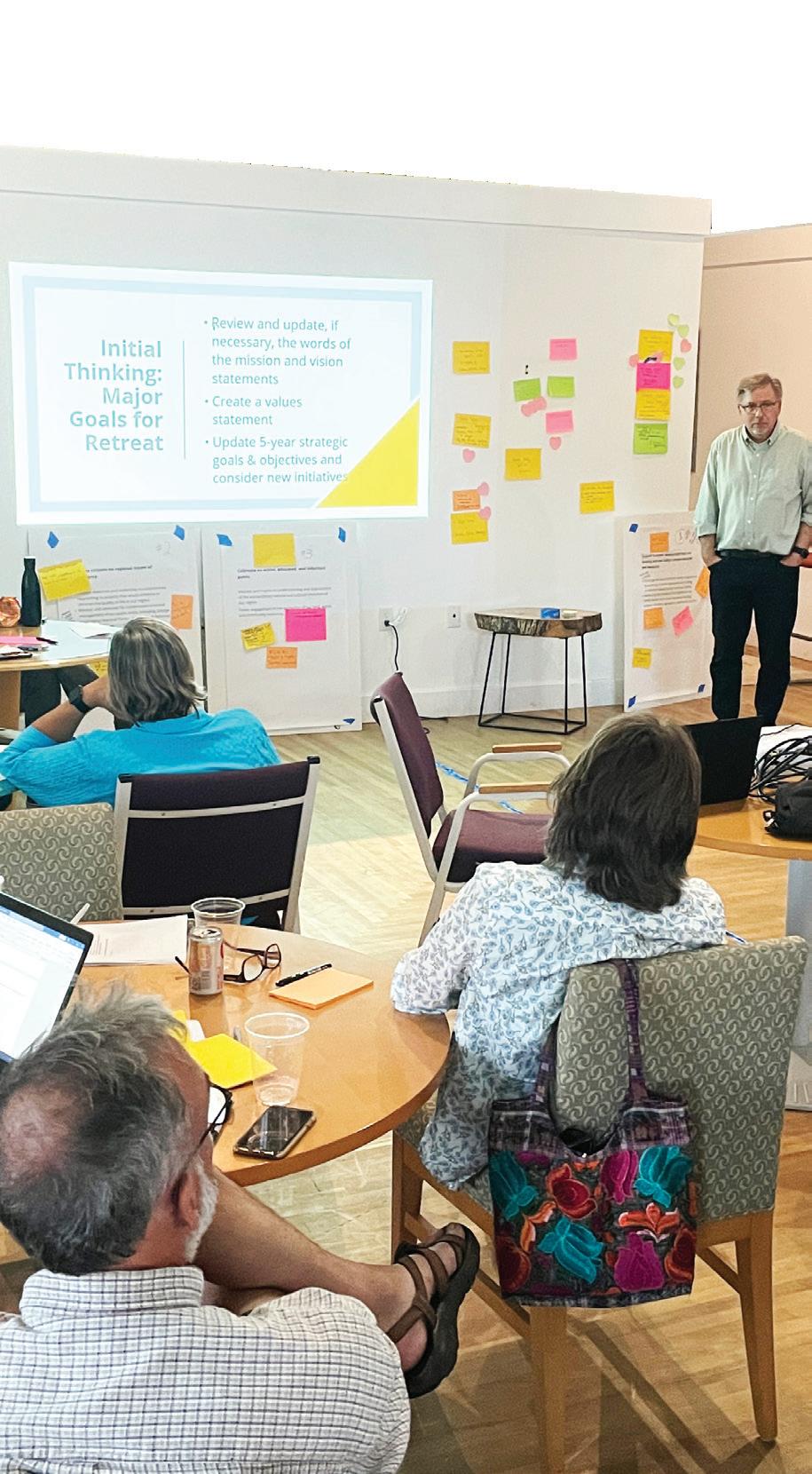
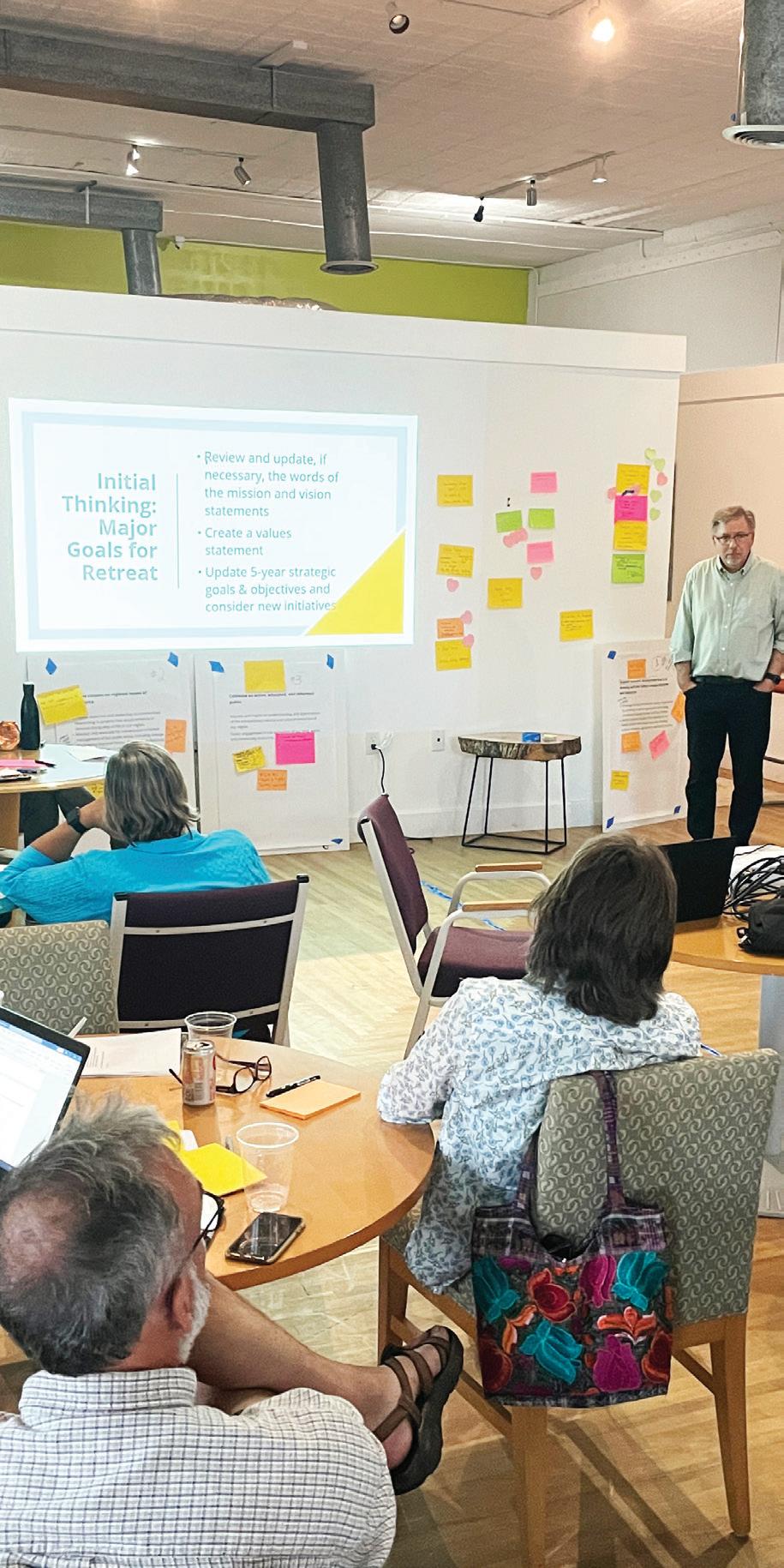
In each county, our coordinators are trusted members of the community and sit on many boards and committees where they offer a conservation perspective.
We diligently track public hearings, notices, agendas, and committees to let Alliance supporters know how and when to speak up on important issues that might change the land use in our region, disrupt transportation patterns, impact our water quality, or negatively affect our communities.
WHEN DO WE ENGAGE?
A locality’s unique comprehensive plan guides much of our Alliance position and whether we decide to elevate an issue. The comprehensive plan is the community’s guide to future growth and development. The first step in this process is to ensure robust resident engagement in the creation of the plan, so that the plan truly reflects the desire of those it represents. Then, when proposals arise, our county coordinators are able to evaluate whether each is an opportunity to champion or question.
HOW DO WE INTERACT?
Our county coordinators maintain working relationships with local elected officials, county staff, landowners, and developers to ensure we understand the nuance of each proposal and the various perspectives involved.
WHO DO WE GALVANIZE?
When we engage around an issue or proposal, we provide robust, knowledgeable input and invite community members and those most affected to join us. Often this takes the form of the emails you see in your inbox from county coordinators (make sure you are signed up for your local e-news!) sharing what we’ve found good or bad about a proposal. Residents can expand on this information in comments to their local decision makers.
We also create opportunities for folks to sign on to petitions, submit letters to the editor, and be heard at public meetings.
WHAT HAPPENS NEXT?
Following any project decision, we work to identify policy gaps, begin or continue advocacy, and explore proactive ways we can protect land and communities from future proposals.
When issues arise that affect our vision for the Valley, we provide robust, knowledgeable input and invite community members and those most affected to join us.
A day in the life of a county coordinator
Noting the Progress: Results
of the Shenandoah Valley Conservation Collaborative
Now more than five years in, the Shenandoah Valley Conservation Collaborative (SVCC), an Alliance coordinated partnership to advance land and water conservation, continues to celebrate the combined success of the partners involved—regional nonprofits, local land trusts, watershed groups, and state and federal conservation agencies.
Most recently, SVCC received a grant from the U.S. Environmental Protection Agency and the National Fish and Wildlife Foundation’s Chesapeake Bay Stewardship Fund to build on more than a decade of conservation progress by the Smith Creek Watershed Partnership.
Smith Creek is a major tributary of the North Fork of the Shenandoah River that winds along the western foot of Massanutten Mountain in Rockingham and Shenandoah counties.
The watershed has long been a priority area for local conservation partners: nearly half of the watershed is in agricultural use, with approximately 500 agricultural operations within the 67,000-acre watershed. Smith Creek and its tributaries provide habitat for native Brook trout and are a major source of
drinking water for surrounding and downstream communities.
In 2021 partners agreed to reinvigorate the Smith Creek Watershed Partnership as an initiative of the Shenandoah Valley Conservation Collaborative, since many of the same agencies and organizations were deeply involved in both efforts.

To coordinate the effort, Caitlin Worsham joined the Alliance team as SVCC’s Small Watershed Coordinator in May 2023.
Going forward, partners will work together to establish innovative demonstration farms, share implementation costs, provide technical support, and use data and local knowledge to evaluate other watersheds where the highly-focused and coordinated Smith Creek Watershed Partnership approach can be replicated to improve water quality.
Protected
2,598 ACRES of high- conservation value fa rmland
Implemented best management practices on
2,507 ACRES OF FARMLAND
Established 74 ACRES of streamside riparian areas
Demonstrated on-farm best management practices to 294 LANDOWNERS & FARMERS
Educated
692 LANDOWNERS on conservation practices and opportunities available to them
6,809,428 LBS
sediment per year
45,741 LBS
nitrogen per year
9, 588 LBS
phosphorus per year
Sustaining the Impact:

Creative support for our organization
Thanks to a very generous anonymous donor, we now have another way you can support the Alliance’s mission. In 2023, we created a legacy fund that will be managed in the nature of an endowment. The principle gift is restricted and the earnings generated will provide core support, year after year, for the Alliance’s mission. The donor offered the following reflections on this unique gift:
“We are fortunate to be able to make a major gift to the Alliance, an organization with local impact, a clear mission, and the ability to manage a large gift for future conservation in the Valley. Working with staff and the Board to set up this endowment was easy and fun.
It can be difficult to know where to focus philanthropic dollars for the biggest impact, and for us, the environment is perhaps the overarching key issue for the future. It is a relief knowing the Alliance is working on-the-ground in the Valley every day, looking after our beautiful farming landscapes and mountains and rivers.
We find it very satisfying to think that long after we have gone, this local, powerful work will continue.”
Donating to the Alliance not only helps us further our mission, but it can also be a good tax planning tool for individuals and businesses.
In addition to traditional cash donations, there are several other ways to donate to the Alliance while also maximizing your charitable deduction, reducing your overall tax liability, or formalizing your estate planning, such as:
n Qualified Charitable Distribution (QCD) from an IRA
n Donating appreciated securities or other property
n Utilizing a Donor Advised Fund
n Legacy giving - planned gifts after an individual’s passing
As with any investment decision, please first consult your personal tax advisor or financial advisor.
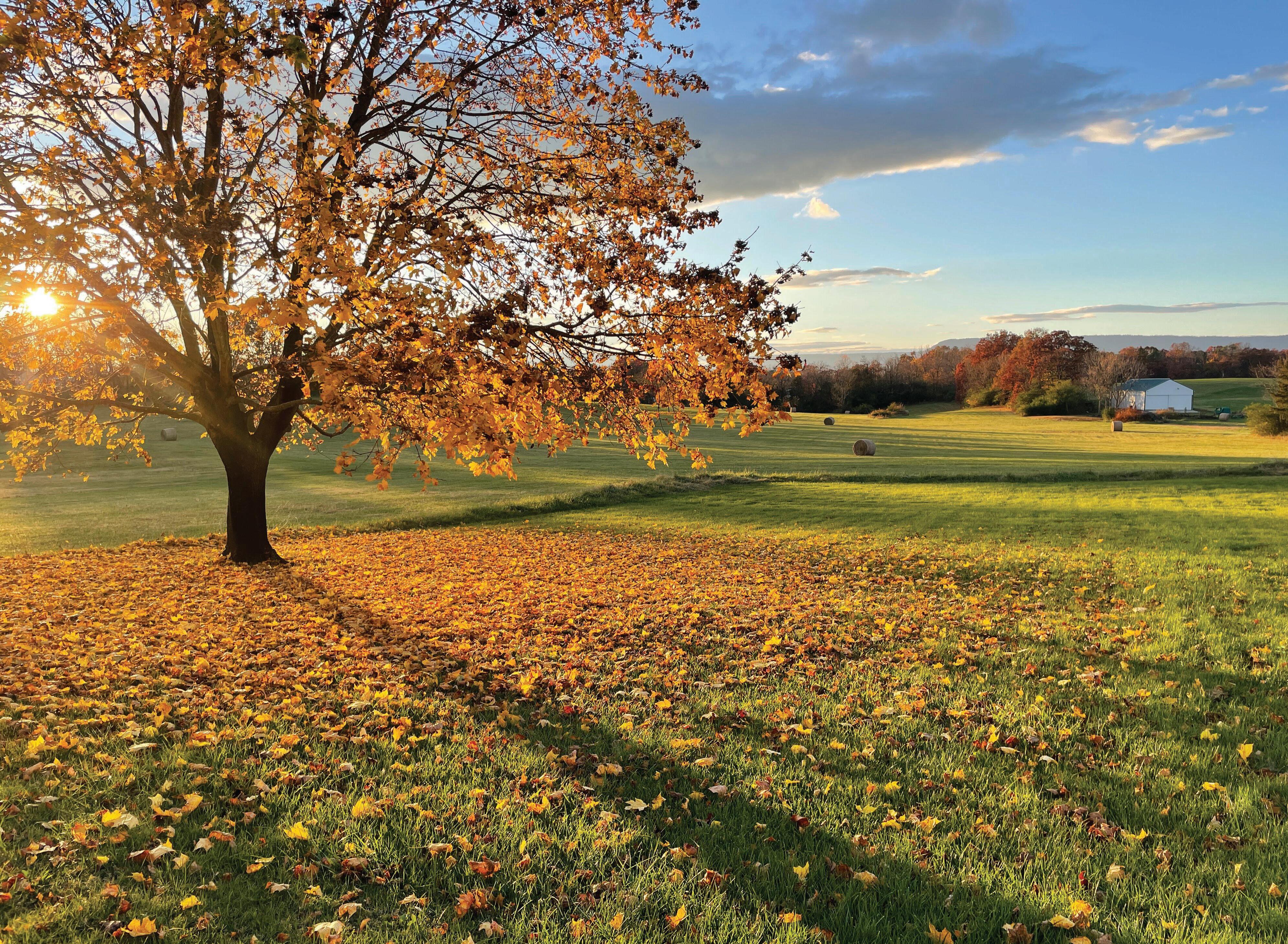
We’ve Moved….
Come visit us in Historic New Market
While we focused this year on redefining who we are as an organization, we also found a new office home in downtown New Market. Our building dates back to the 1700’s and has been thoughtfully renovated— symbolically paralleling our work, which aims to allow for the modern needs of our region to coexist peacefully on its historical foundation. We hope you will stop by when you’re in the neighborhood.
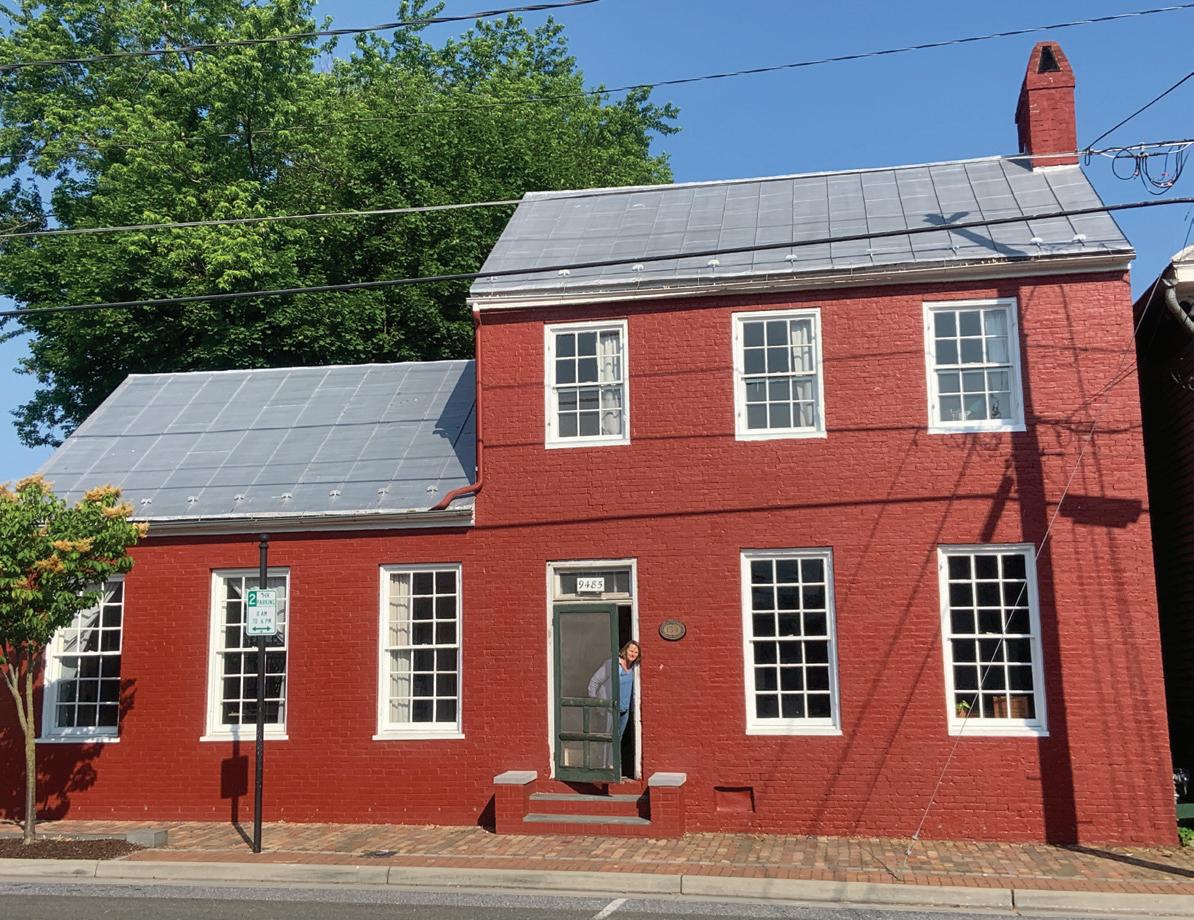
GET IN TOUCH
Alliance for the Shenandoah Valley 9485 S Congress St • PO Box 674 New Market, VA (540) 908-3914

info@shenandoahalliance.org
shenandoahalliance.org
@shenandoahalliance
@shenandoahalliance
